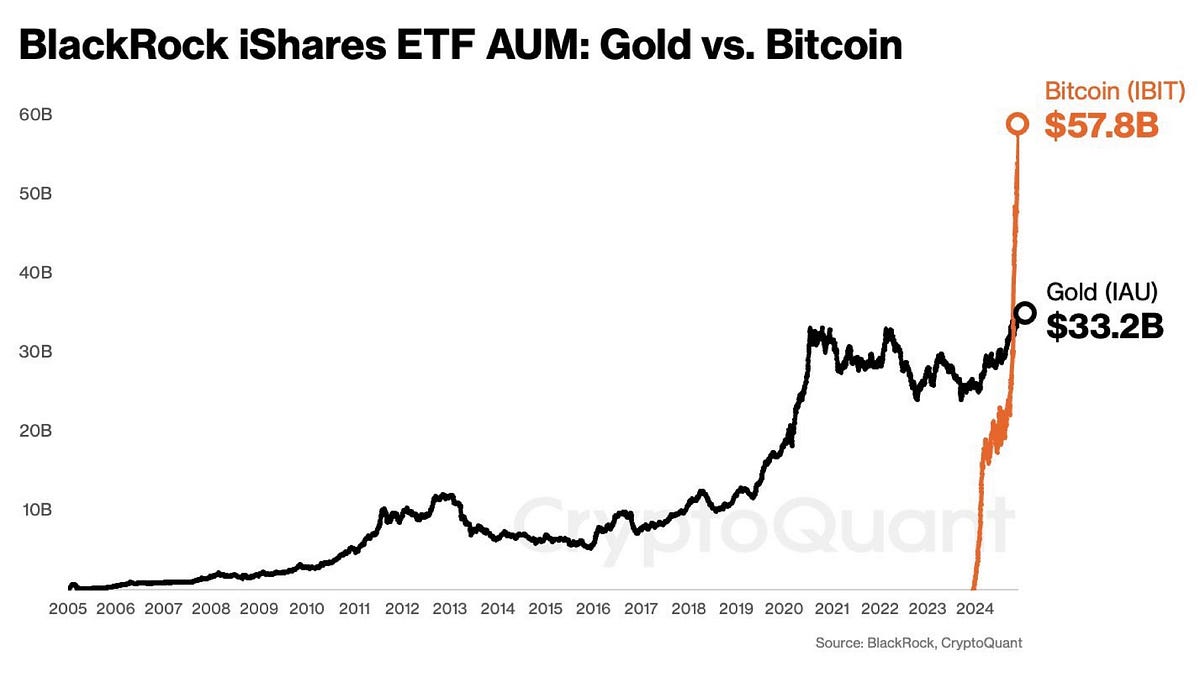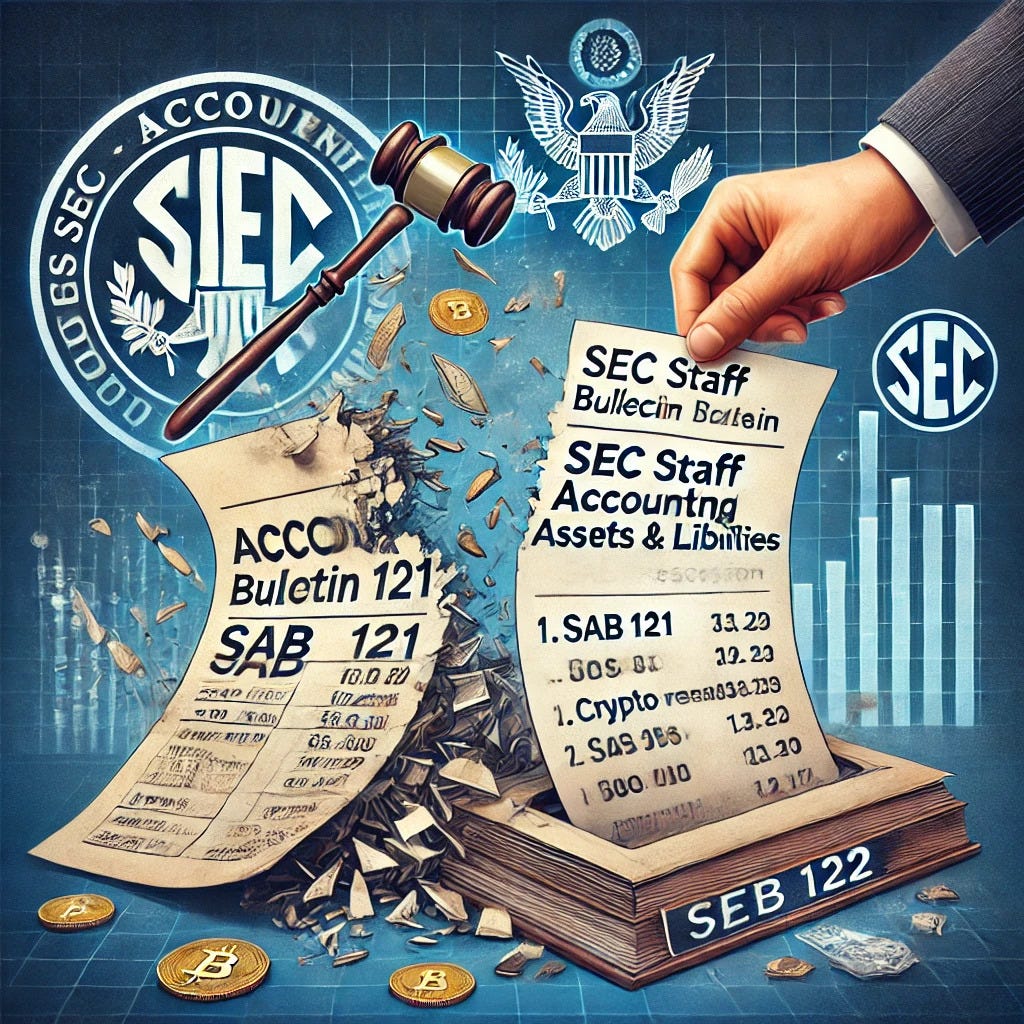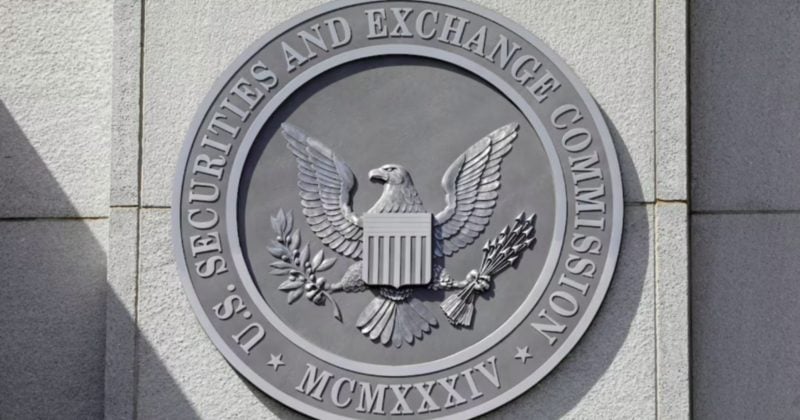As the crypto market continues to evolve, so too does the regulatory framework that governs it. For those involved in cryptoasset trading, understanding the rules surrounding the exchange of fiat currencies and digital assets is crucial. This article aims to break down the legal aspects of cryptoasset trading, fiat currency transactions, custody regulations, and the role of exchanges, custodians, and investment advisers in the United States.
The Regulatory Landscape for Fiat-Crypto Asset Exchange
The exchange of fiat currency (like USD) for cryptoassets (such as Bitcoin or Ethereum) is closely regulated in the United States. Platforms facilitating these exchanges are primarily governed by two sets of rules: securities laws and money services business (MSB) laws.
- Securities Laws and the SEC: If the cryptoasset being traded is classified as a security, platforms enabling such exchanges fall under the purview of the U.S. Securities and Exchange Commission (SEC). This includes digital assets that meet the definition of securities under U.S. law. Platforms that facilitate trades in these assets must comply with SEC regulations.
- MSB Laws and the FinCEN: Platforms facilitating the exchange of cryptoassets (whether or not securities) are generally considered “money transmitters” under U.S. law. As such, they are required to register with the Financial Crimes Enforcement Network (FinCEN) as money services businesses. This registration ensures that exchanges follow Anti-Money Laundering (AML) and Know Your Customer (KYC) protocols to prevent illicit activities.
Cryptoassets can be traded on a variety of platforms, each governed by different regulatory frameworks.
Exchanges
- Non-Securities Cryptoassets: Investors can trade cryptoassets that are not considered securities on exchanges like Coinbase, Binance, or Gemini. These exchanges are regulated as money transmitters, and they must register with FinCEN and comply with state-specific licensing requirements.
- Securities Cryptoassets: If a cryptoasset is deemed a security, investors may only trade it on registered securities exchanges or alternative trading systems (ATS) operated by broker-dealers that are registered with both the SEC and the Financial Industry Regulatory Authority (FINRA).
Decentralized Exchanges (DEXs)
Decentralized exchanges (DEXs) operate without a central authority and allow peer-to-peer trading. However, their legal status is less clear. U.S. regulators have not issued specific guidance on DEXs, and whether these platforms are subject to U.S. securities laws depends on how they operate and whether they facilitate the trading of securities.
If a DEX brings together multiple buyers and sellers of digital assets that are deemed securities, it could be required to register as a securities exchange. This decision is made on a case-by-case basis, considering the platform’s operational structure and the types of assets traded.
The custody of cryptoassets involves holding digital assets on behalf of clients. This is a significant regulatory challenge, especially as traditional custody laws were designed for physical assets like stocks and bonds.
Custody Regulations for Investment Advisers
Under the Investment Advisers Act of 1940, registered investment advisers with custody of client funds or securities must establish safeguards to protect those assets. This includes digital assets that are considered securities.
- Qualified Custodians: For assets that fall under the custody rule, advisers are required to use “qualified custodians,” which can include federally insured banks, registered broker-dealers, or foreign financial institutions.
- Digital Asset Custody: The SEC has issued guidance stating that digital assets, particularly those that are not securities, may be treated as client funds. This distinction is important because the custodian rules under the Advisers Act are more stringent when the asset in question is a security.
In practice, many digital assets are uncertificated securities (i.e., they don’t exist in physical form) and may not be subject to the full custody requirements, especially if they were sold in compliance with federal securities laws.
Broker-Dealers and Custody
Broker-dealers are also subject to stringent rules around the custody of customer funds. The Customer Protection Rule under the Securities Exchange Act of 1934 requires broker-dealers to ensure that customer funds and securities are held safely. For digital assets that are classified as securities, the same rule applies, and broker-dealers must use “good control locations” (such as third-party custodians) to hold these assets securely.
Investment advisers who manage client funds must comply with the Custody Rule (Rule 206(4)-2), which stipulates that any adviser with custody of client assets must protect them using appropriate safeguards. For digital assets that are securities, this means using qualified custodians to store these assets securely.
Investment advisers who have custody of cryptoassets must consider whether those assets are subject to the Custody Rule. The SEC’s guidance from 2017 clarified that investment advisers may have custody if they or their affiliates can withdraw funds or securities from client accounts. This applies to digital assets that are considered securities, which must be held by qualified custodians.
Broker-dealers also play an essential role in the cryptoasset market, especially in secondary trading. These firms are subject to the same Customer Protection Rule as other financial intermediaries. The SEC and FINRA have clarified that broker-dealers facilitating the trade of cryptoassets must ensure the protection of customer assets, whether the assets are held in physical or digital form.
Non-Custodial Broker-Dealer Models
Some broker-dealers in the crypto space are exploring non-custodial models, where they facilitate trades without directly holding customer assets. In these models, trades are executed through a third-party custodian or directly between buyers and sellers. The broker-dealer acts as an intermediary to match orders but does not take physical custody of the digital assets involved in the transaction.
The IRS treats virtual currencies, including cryptocurrencies, as property rather than currency for tax purposes. This means that transactions involving cryptocurrencies — whether exchanging crypto for fiat or vice versa — can trigger tax liabilities. Here are some key points to keep in mind:
- Capital Gains: When cryptoassets are sold or exchanged, any gains or losses are subject to capital gains tax. The amount of tax depends on how long the asset was held before it was sold (short-term or long-term).
- Income Tax: If you receive cryptoassets as payment for services, wages, or other forms of income, you must report the value of the crypto on your tax return as income.
- Mining: Mining cryptoassets is also considered taxable income, and miners must report the fair market value of the coins when they are received.
The IRS continues to issue guidance on the tax treatment of cryptoassets, but it’s essential for investors and traders to understand the tax implications of every transaction.
The regulatory environment surrounding cryptoassets is evolving rapidly, and staying compliant is crucial for platforms, custodians, investment advisers, and traders. Whether you are trading fiat for digital assets, holding crypto in a custodial account, or working as a broker-dealer in the crypto market, understanding the complex web of regulations can help mitigate risks and ensure compliance.
As both government agencies and market participants adapt to this new asset class, the landscape will continue to evolve. Investors and industry participants must stay informed of regulatory changes to navigate the world of cryptoasset trading effectively.
Author: Trent V. Bolar, Esq. (LinkedIn Profile)
Disclaimer: All content in this article is intended for general information only and should not be construed as legal advice. Information in this article may not constitute the most up-to-date legal or other information. The content in this article is provided “as is” and no representations are made that the content is error-free. Use of, and access to, this article or any of the links or resources contained within do not create an attorney-client relationship between the reader, user, or browser and the author. All trademarks, logos, and service marks used in this article are the property of their respective owners. The use of such trademarks does not imply any affiliation with or endorsement by the trademark owners of this article.
© 2025 Trent V. Bolar, Esq. | All rights reserved.

 3 weeks ago
15
3 weeks ago
15









 English (US) ·
English (US) ·